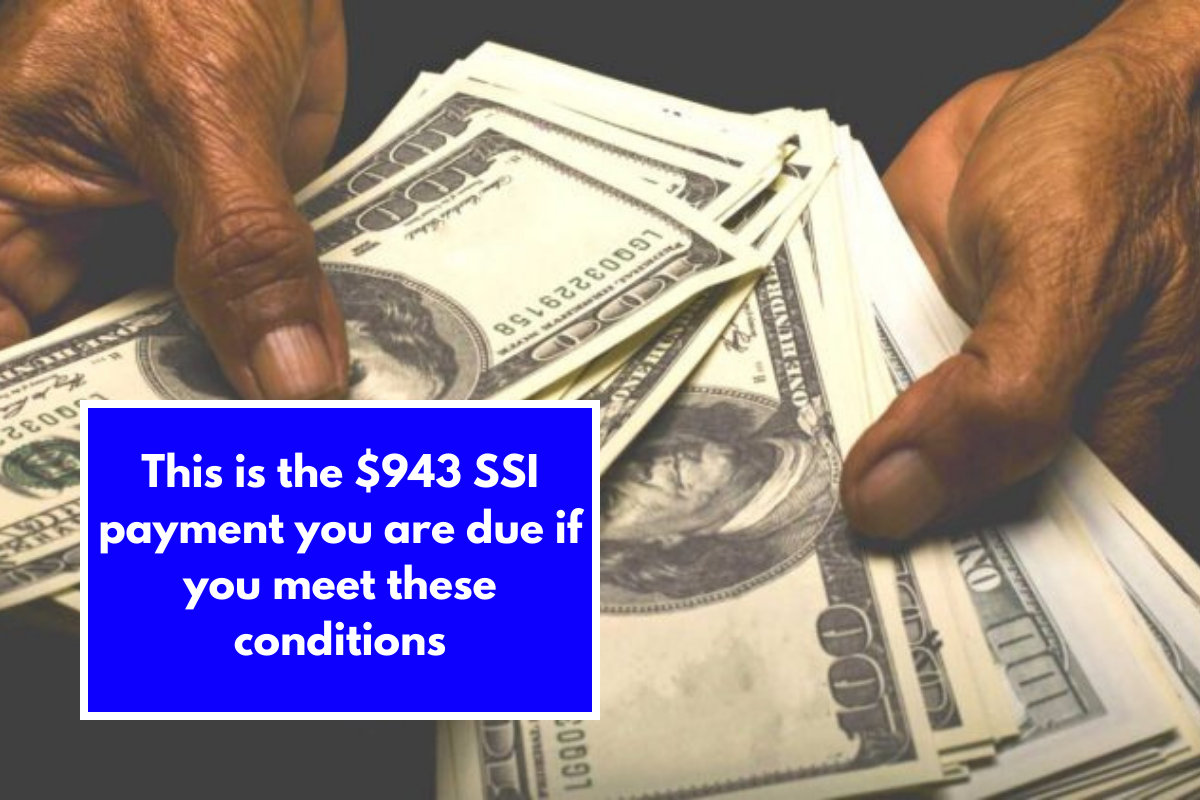Supplemental Security Income (SSI) is one of the most important government aid programs in the US. Its goal is to help people who don’t have a lot of money or resources. If you’re not sure if you can get this benefit, here are some important things to think about before you send in your application.
Before you apply for SSI, you should first make sure that your income meets the program’s needs. The Social Security Administration (SSA) will look at this as one of the most important factors. In general, the less money you make, the more likely it is that you will be able to get help through SSI.
How to determine if you’re eligible for SSI
Nevertheless, income is not the only factor that matters. Your resources, or assets, are also taken into account, and if you have too many of them, you might not be able to get SSI payments. There are many things that can help the SSA make decisions.
These include money in bank accounts, land, and investments. You might not be able to apply if your total resources are higher than the set limits.
There is one good thing about SSI: you can apply for payments at any time of the year. You do not have to wait until a certain date to send in your application. The important thing is to make sure you have all the paperwork you need and meet the program’s standards before you apply.
SSI eligibility requirements: beyond income and resources
In addition to income and resource limits, there are other important criteria you’ll need to meet in order to be eligible for SSI. Here are some of the additional requirements:
- You must have a disability that meets the strict definition set by the Social Security Administration.
- Being blind also qualifies you for SSI.
- Being at least 65 years old, meaning that older adults are also eligible for this program.
It’s important to know that SSI benefits can be given to both adults and children who meet the physical and financial requirements. If you have a disabled kid, you should check with the Social Security office in your area to see if they may be eligible for SSI. If they are, they could get an average of $820 a month.
In addition to meeting the medical and income standards, you must also live in the United States and be a citizen in order to get SSI benefits.

Is it better to apply for SSI in September or October?
In most cases, it’s best to apply for SSI as soon as you think you might be eligible. However, in this case, waiting until October might be better.
The reason for this is that on September 30, the Social Security Administration will make some big changes to the rules for SSI. If you wait until October to apply, you might be able to take advantage of the new rules that may make things easier for candidates.
You will no longer have to record food you get from family, friends, charities, or your community starting in October. This is one of the most important changes that will happen. Before, getting food from other people could lower your final SSI payment. But now that the rules have changed, this will no longer affect your benefit amount.
So, you might want to wait to apply for SSI until after these changes take effect. This is because the total amount you get from the program might go up. You shouldn’t wait to apply, though, if you need help right away, because there’s no way to know how these changes will affect specific cases.
To make the right choice about when to apply, you need to understand these new rules. By learning as much as you can about the SSI application process and getting all the necessary paperwork, you’ll be better prepared to get the most out of it.











Leave a Reply